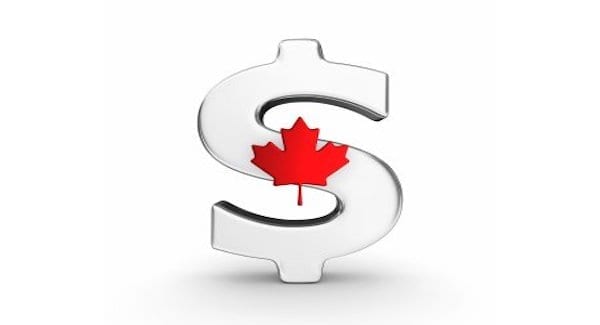Alberta’s annual inflation rate in December rose at a higher pace than the Canadian average, according to Statistics Canada.
The federal agency reported on Wednesday that consumer prices in the province were up 2.3 per cent from a year ago while the national average was 2.2 per cent.
On a monthly basis, the Consumer Price Index rose 0.1 per cent in Alberta but was unchanged in Canada.
“Consumers in Alberta paid more, on a year-over-year basis, for electricity in December (+8.8 per cent) compared with November (+7.0 per cent), following the removal of the province’s price cap on the residential regulated energy rate,” said StatsCan.
“Prices for natural gas rose 8.4 per cent year over year in December after decreasing 2.3 per cent in November. A 4.0 per cent monthly price decline from November to December 2018, when utility providers revised commodity prices to reflect low forecasted natural gas prices, no longer influences the 12-month index movement. On a month-over-month basis, consumers paid 6.5 per cent more for natural gas in December 2019 due to higher commodity rates related to lower inventories and increased demand from colder weather.”
Nationally, the federal agency said energy prices were 5.5 per cent higher in December on a year-over-year basis, following a 1.5 per cent increase in November. Despite declining 0.5 per cent on a monthly basis, gasoline prices were 7.4 per cent higher year over year in December after a 0.9 per cent increase in November.
“This growth was due to lower prices in December 2018, when crude oil prices fell amid a global oversupply, leading to lower prices at the pump. Similarly, after falling 3.3 per cent. in November, the index for fuel oil and other fuels, which is affected by the same global oil dynamics, was up 3.5 per cent year over year in December,” it said.
Brian DePratto, Senior Economist with TD Economics, said it was steady as she goes for consumer price growth in December as energy prices masked a more modest month of yearly price gains.
“As has been the case for the latter half of last year, the fairly staid performance of the Bank of Canada’s measures, together with headline prints suggest that the underlying pace of inflation remains pretty much on the Bank of Canada’s two per cent target,” he said in a commentary note.
“We continue to look for a slight moderation in the pace of headline inflation as year-ago energy price comparisons normalize, but expect price gains to remain around the two per cent mark.”
Andrew Grantham, an economist with CIBC Economics, said the higher gasoline prices were offset by lower prices for telecom services.
“Mortgage interest costs, which had been a big contributor to inflation through much of 2019, were also shown to be finally decelerating,” he said.
Mario Toneguzzi is a business reporter in Calgary.
![]() The views, opinions and positions expressed by columnists and contributors are the author’s alone. They do not inherently or expressly reflect the views, opinions and/or positions of our publication.
The views, opinions and positions expressed by columnists and contributors are the author’s alone. They do not inherently or expressly reflect the views, opinions and/or positions of our publication.

